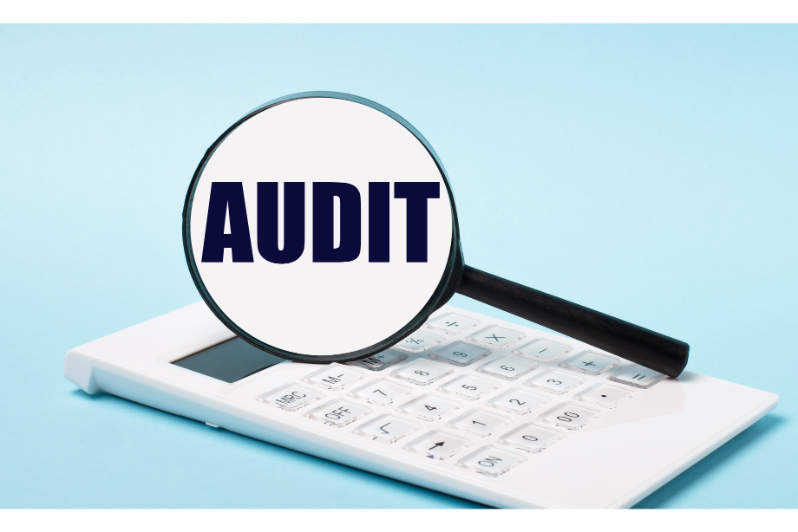An external audit focuses on a company’s performance and compliance. All the records related to the audit are examined in an external audit to make sure no errors exist in the financial statement. Which is important for investors and regulatory requirements.
External auditors have no affiliation with a company being audited, which offers the business an unbiased audit.
An external auditor from top audit firms in Dubai passes through some key formalized phases when they are auditing financial statements for clients, Why an external audit is important in Dubai?
Also read: Difference Between Internal Audit and External Audit
Here Are the Stages of External Audit Process in UAE
The stages of external audit involve the determination of a company’s performance and compliance by:
- Preparing an External Audit Plan
- Understanding the Client Company
- Assessing the Risk of Misstatement
- Performing Control Tests
- Completing the Audit
- Issuing Audit Report
Therefore, in other words, stages of the external audit include planning, understanding, assessing, analyzing, finalizing, and preparing an audit report to get a complete overview of the company’s financial standing.
1. Preparing an External Audit Plan
The first stage of an external audit involves the auditor looking over the information contained in the documents and planning out how the audit will be conducted. A workshop may be conducted to identify possible problems in the future. An audit plan was then drafted.
Auditors from leading audit firms in Dubai also need to identify the key areas of inquiry, concern, and the specific information they wish to examine to analyze those areas.
2. Understanding the Client Company
Auditors in Dubai, UAE must attain a sufficient background of a company to assess the risk of material misstatement on financial statements and to design the nature, timing, and extent of further audit procedures.
The risk assessment procedures used here may include inquiries of management and others within the entity, analytical procedures, observation and inspection, and other procedures.
Obtaining an understanding of internal control is an essential part of this stage. As it allows the auditor to identify areas that may be misstated. And to design other procedures based on the characteristics of the existing system.
3. Assessing the Risk of Misstatement
Auditors in the UAE use the information collected while obtaining their understanding of the client. And its environment to identify classes of transactions account balances, and disclosures that might be materially misstated.
However, risk assessment provides auditors evidence on potential risks of material misstatement
The risks of material misstatement are composed of inherent and control risks for relevant assertions. Inherent risk is the susceptibility of a relevant assertion to material misstatement, assuming that there are no related controls.
4. Performing Control Tests
Performing Tests of controls are to determine whether key controls are properly designed and operate effectively.
Consider the control activity in which the accounting department accounts for the serial sequence of all shipping documents before preparing the related journal entries. The importance of this control is to ensure that each shipment of merchandise is recorded in the accounting records.
5. Completing the Audit
Also, the audit was finalized and some procedures were re-performed to ensure validity. At this point, final decisions are made relating to the financial statement disclosures. The auditor will hold meetings with senior management to discuss the findings.
6. Issuing Audit Report
A standard unqualified audit report is issued when the examination and the results thereof are satisfactory. This report is also modified as the audit examination deviates from normal.
Also read: Difference Between a Qualified and Unqualified Audit Report
Consult With Certified Auditors in Dubai, UAE
There are several certified auditors in Dubai and the rest of the UAE but for an effective audit, the system you need to hire seasoned intelligent auditors to track the financial status of your company. Farahat and Co. have years of experience in providing auditing services in the UAE.
We have extensive knowledge that helps clients conduct an external audit.
Contact audit firm in Dubai, Sharjah, Abu Dhabi UAE – certified auditors in Dubai, we provide results-oriented services to our clients. If you are searching for expert auditing firms in the UAE, you may contact us for further consultation.
